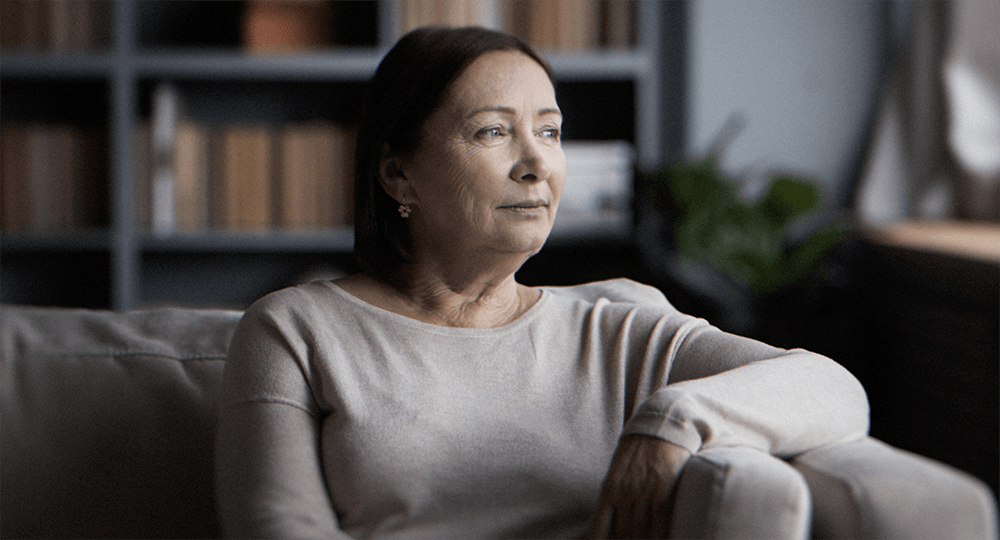Q&A
Successful Aging

Can aging be a period of renewed energy? Award-winning neuroscientist Daniel Levitin believes so. Here's what neuroscience can tell us about the power of growing older.
Q
What are the key takeaways for successful aging?
A
Q
It is usually doom and gloom when we hear about aging. What are the positive aspects we can look forward to?
A
Q
What is the verdict on brain training apps in preventing age-related decline or even improving cognitive functioning and memory?
A
Q
Living Apart Together (LAT) couples seem to be increasing in our aging population. Do you think not being a live-in carer for your aged partner increases your healthspan?
A
Q
Is there a specific type of physical exercise that you can recommend to help keep your brain young?
A
Q
What is the best way to counteract the sleep deprivation common in older people? Do you think having a robust life purpose and keeping busy is enough to help sleep at night?
A
You may also like